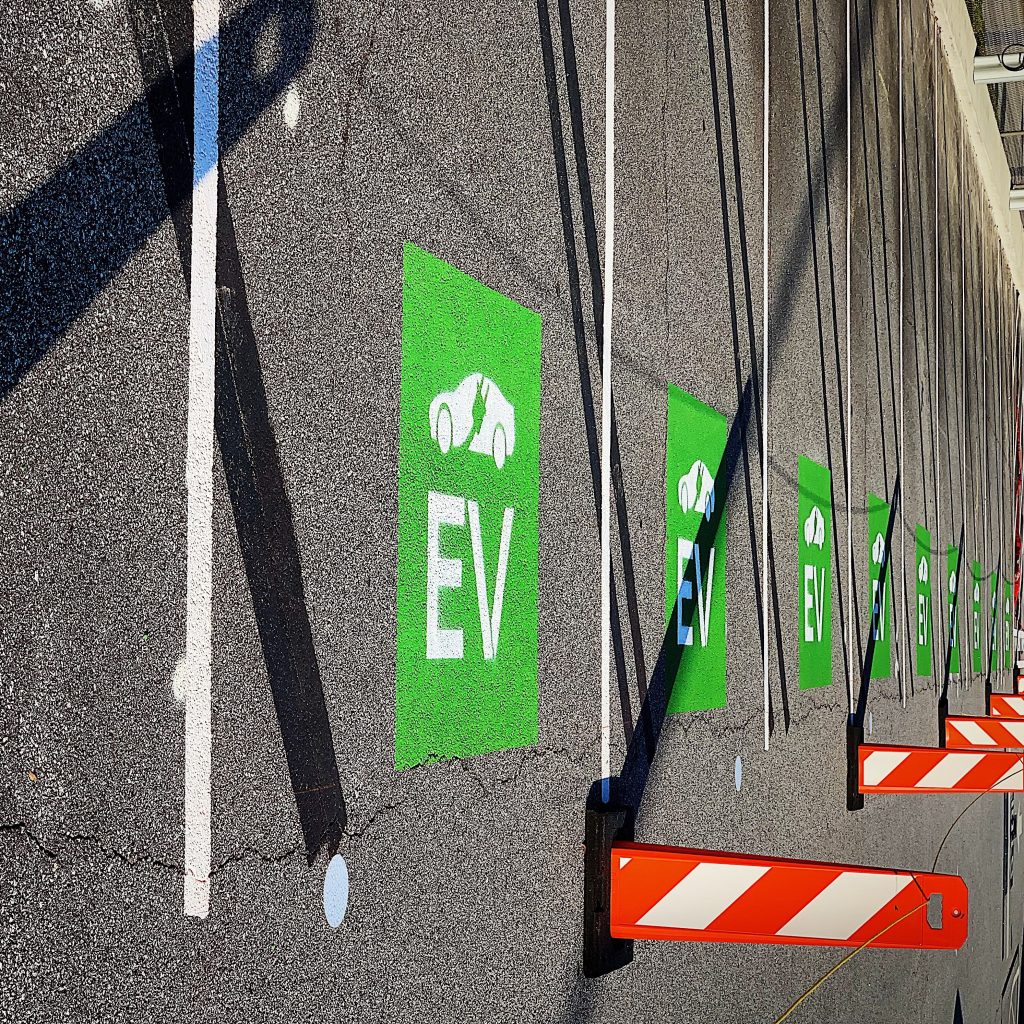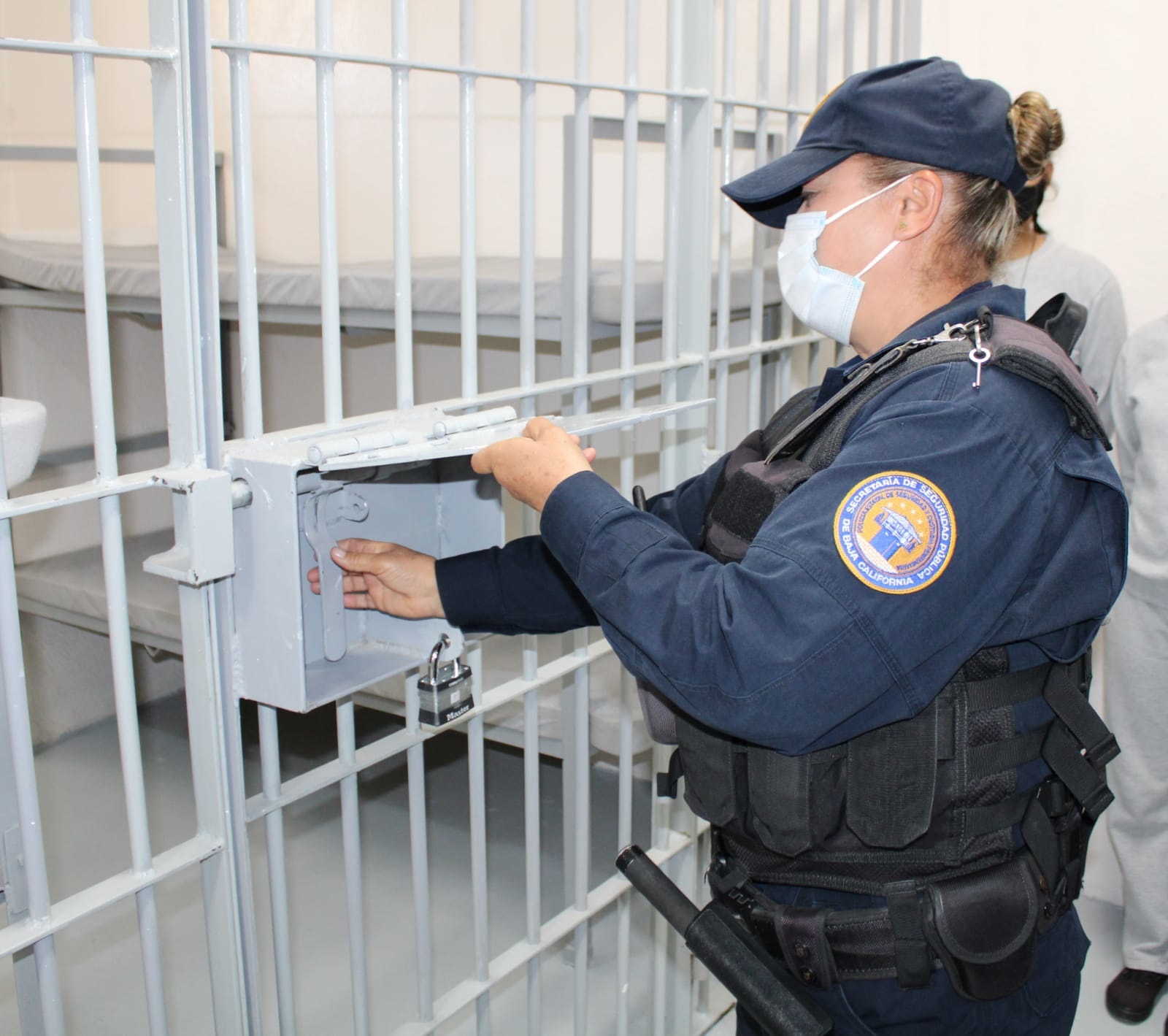EV Mandate Opposition: Car Dealerships Push Back

Table of Contents
Financial Implications of EV Mandates for Dealerships
The transition to an EV-centric market presents substantial financial hurdles for car dealerships. The high upfront costs and potentially reduced profit margins associated with EVs are major drivers of EV mandate opposition.
High Initial Investment Costs
Adapting to the sale and servicing of EVs requires significant capital investment. Dealerships must upgrade their infrastructure to accommodate the specific needs of electric vehicles. This includes substantial expenses across multiple areas:
- Charging Infrastructure: Installation of Level 2 and DC fast chargers, requiring significant electrical upgrades and potentially substantial land modification.
- Specialized Tools and Equipment: Investment in diagnostic tools and equipment specifically designed for EV repair and maintenance, which often differ significantly from those used for internal combustion engine (ICE) vehicles.
- Employee Training: Extensive training programs for sales staff to effectively communicate EV benefits and address consumer concerns, and for service technicians to safely and effectively repair EV components. This often includes specialized certifications and ongoing professional development.
A recent industry report estimates the average cost of EV infrastructure setup for a mid-sized dealership to be between $150,000 and $300,000, representing a significant upfront financial burden.
Reduced Profit Margins on EVs
Currently, profit margins on EVs are generally lower than those on traditional gasoline-powered vehicles. This disparity is due to several factors:
- Higher initial purchase prices for EVs often result in lower sales volume, impacting overall dealership revenue.
- Government incentives, while intended to boost EV adoption, can compress profit margins by reducing the final sale price.
- The relative simplicity of EV powertrains often leads to lower maintenance and repair costs compared to ICE vehicles, directly affecting the profitability of service departments.
Studies indicate that profit margins on EVs are currently 20-30% lower than on comparable ICE vehicles, creating a significant financial strain for dealerships attempting to meet EV sales mandates.
Operational Challenges Faced by Dealerships in the EV Transition
Beyond the financial implications, dealerships face significant operational challenges in adapting to the EV market, further fueling EV mandate opposition.
Lack of Consumer Demand in Some Markets
Insufficient consumer demand for EVs in certain geographic regions presents a major obstacle. This can lead to:
- Inventory Challenges: Dealerships may struggle to sell their EV inventory, tying up capital and potentially leading to losses.
- Reduced Profitability: Low sales volumes exacerbate the already slim profit margins associated with EVs.
Factors contributing to low consumer demand include limited charging infrastructure in some areas, higher initial purchase prices compared to ICE vehicles, and persistent "range anxiety" among potential buyers. Data shows that EV adoption rates vary significantly by region, with rural areas lagging significantly behind urban centers.
Specialized Training and Expertise Requirements
The shift to EVs necessitates a significant upskilling of dealership staff. This creates challenges in terms of:
- Skills Gap: A shortage of qualified EV technicians is emerging, hindering dealerships' ability to provide timely and effective service.
- Investment in Training: Dealerships must invest heavily in training programs to bring their staff up to speed on EV technologies.
- Recruitment of Skilled Technicians: Competition for skilled EV technicians is fierce, driving up labor costs.
The current shortage of qualified EV technicians significantly outpaces the growing demand, highlighting the operational challenges faced by dealerships.
Concerns Regarding Government Regulations and Support for Dealerships
Dealerships also express concerns about government regulations and the lack of adequate support in the transition to EVs, a key factor in EV mandate opposition.
Insufficient Government Incentives for Dealerships
While incentives exist to encourage EV adoption by consumers, many feel that insufficient support is provided directly to dealerships to help them adapt to the changing market. This includes:
- Tax Credits: Expanding tax credits specifically targeted at dealership investments in EV infrastructure and training.
- Grants and Rebates: Providing financial assistance to offset the costs of upgrading facilities and training staff.
Comparing government support across various countries reveals significant disparities in the level of assistance provided to dealerships during the EV transition.
Uncertainty Around Future Regulations
The rapidly evolving nature of EV-related regulations creates uncertainty and hinders long-term planning by dealerships. This includes:
- Frequent Changes in Regulations: The inconsistent and often unpredictable nature of government regulations makes it difficult for dealerships to make sound long-term investment decisions.
- Lack of Clear Long-Term Policy: The absence of a clear and stable policy framework regarding EV mandates makes it difficult for dealerships to plan for future investments.
The frequent changes in EV-related regulations represent a significant source of uncertainty and contribute to the concerns driving EV mandate opposition.
Conclusion: EV Mandate Opposition: Finding a Path Forward
The concerns driving EV mandate opposition from car dealerships are multifaceted and significant. The financial strain of high initial investment costs, reduced profit margins on EVs, operational challenges related to consumer demand and specialized training needs, and uncertainty around government regulations are all substantial hurdles. Addressing these concerns is crucial to ensure a smooth transition to electric vehicles and avoid potential disruptions in the automotive industry. A collaborative approach, involving open dialogue between government agencies and the dealership community, is necessary to find solutions that balance environmental goals with the practical needs of the automotive sector. This may involve revising current EV mandates, implementing more comprehensive government support programs for dealerships, or exploring other innovative strategies to mitigate the negative impacts of EV mandate opposition. To learn more about advocating for sensible EV policies, visit [link to relevant resource, e.g., a petition or government website].

Featured Posts
-
 Gaza Flotilla Attacked Arab Media Perspective And International Response
May 03, 2025
Gaza Flotilla Attacked Arab Media Perspective And International Response
May 03, 2025 -
 Siete Nuevos Vehiculos Para El Sistema Penitenciario Una Entrega Clave
May 03, 2025
Siete Nuevos Vehiculos Para El Sistema Penitenciario Una Entrega Clave
May 03, 2025 -
 Recent Lotto Lotto Plus 1 And Lotto Plus 2 Winning Numbers
May 03, 2025
Recent Lotto Lotto Plus 1 And Lotto Plus 2 Winning Numbers
May 03, 2025 -
 Exploring The Reasons For Chris Columbus Non Participation In Harry Potter And The Prisoner Of Azkaban
May 03, 2025
Exploring The Reasons For Chris Columbus Non Participation In Harry Potter And The Prisoner Of Azkaban
May 03, 2025 -
 Presiden Erdogan Di Indonesia 13 Kerja Sama Baru Untuk Ri Turkiye
May 03, 2025
Presiden Erdogan Di Indonesia 13 Kerja Sama Baru Untuk Ri Turkiye
May 03, 2025
